|
Kazimierz Slomczynski
Professor Emeritus of Sociology
Kazimierz Slomczynski has been inducted as a member of the
Academia Europaea, an organization of eminent scholars whose aim is to promote interdisciplinary research and advise governments and international organization in scientific matters. Slomczynski is internationally known for his research on social stratification and his contribution to methodology of survey data. He is director of the Cross-National Studies: Interdisciplinary Research and Training Program (
CONSIRT)
|
|
Katherine Marino
Former Assistant Professor of History
|
|
Dorothy Noyes
Professor of English and Comparative Studies
"Blaming the Polish Plumber, Blaming the French Voter: Bogeys and Attributions of Belief in Liberal Politics"
Journal of American Folklore
Fall 2018
|
|
Paul Beck
Academy Professor of Political Science
"Surge of young voters register for Ohio election "
|
|
Joyce Chen
Associate Professor of Agricultural, Environmental, and Development Economics
|
|
Peter Mansoor
Gen. Raymond E. Mason Jr. Chair in Military History
"Secret U.S. cyber campaign snuffs out ISIS' once-vaunted media empire"
|
|
John Mueller
Senior Research Scientist
"Nuclear Weapons Don't Matter But Nuclear Hysteria Does"
|
|
Peter Shane
Jacob E. Davis and Jacob E. Davis II Chair in Law
"The hearing at home: Professor of law testifies before Senate Judiciary Committee"
|
|
Herb Weisberg
Professor Emeritus of Political Science
"2018's Most and Least Politically Engaged States"
|
Mershon Memo is a weekly e-mail newsletter distributed by the Mershon Center for International Security Studies, part of the
College of Arts and Sciences at The Ohio State University.
|
|
 |
|
Tuesday, October 30, 2018
Waiting List
Carol Graham
"Unequal Hopes, Lives, and Lifespans in the U.S.A.: Insights from the New Science of Well-Being"
3:30 p.m., 120 Mershon Center, 1501 Neil Ave.
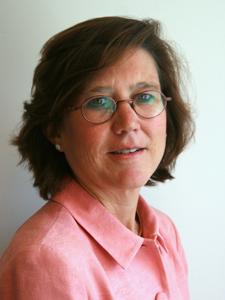 Carol Graham
Carol Graham is the Leo Pasvolsky Senior Fellow at the Brookings Institution, College Park Professor at University of Maryland, and senior scientist at Gallup. Her most recent books include
Happiness for All? Unequal Lives and Hopes in Pursuit of the American Dream (Princeton, 2017),
The Pursuit of Happiness: An Economy of Well-Being (Brookings, 2011), and
Happiness around the World: The Paradox of Happy Peasants and Miserable Millionaires (Oxford, 2009). At this event, Graham will discuss how well-being metrics can be used to identify and monitor trends in life satisfaction and hope, and in desperation and misery. Read more and register at
go.osu.edu/grahamc
|
Thursday, November 1, 2018
Daniel Ahn
"The Sword and the Shield: The Economic Impact of Targeted Sanctions and Adversarial Counter-Strategies"
3:30 p.m., 120 Mershon Center, 1501 Neil Ave.
Co-sponsored with Department of Agricultural, Environmental, and Development Economics
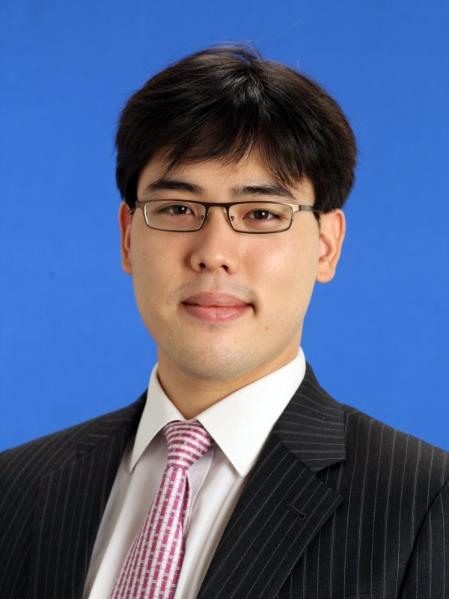 Daniel P. Ahn
Daniel P. Ahn is a professorial lecturer at Johns Hopkins School of Advanced International Studies, where he teaches graduate courses on energy economics and conflict; senior adviser at the Rapidan Group; and adviser for the U.S. government. He was previously the chief economist at the U.S. Department of State, where he advised the secretary and senior principals on a wide range of international economic and security topics relevant to U.S. foreign policy, including global macroeconomic growth, financial stability, economic sanctions, counter-terrorist financing, international trade, and energy security. Read more and register at
go.osu.edu/ahnd
|
Friday, November 2, 2018
Peter Turchin
"The Evolution of Complex Societies: Old Theories and New Data"
3:30 p.m., 120 Mershon Center, 1501 Neil Ave.
 Peter Turchin
Peter Turchin is a scientist and an author who wants to understand how human societies evolve, and why we see such a staggering degree of inequality in economic performance and effectiveness of governance among nations. Turchin is the founder of a new transdisciplinary field of cliodynamics, which uses the tools of complexity science and cultural evolution to study the dynamics of historical empires and modern nation-states. His most recent books are
Ultrasociety: How 10,000 Years of War Made Humans the Greatest Cooperators on Earth (Beresta Books, 2015), and
Ages of Discord: A Structural-Demographic Analysis of American History (Beresta Books, 2016). Read more and register at
go.osu.edu/turchinp
|
Thursday, November 8, 2018
Furniss Book Award Winner
Laura Madokoro
"On Refuge: The Politics of Race and Humanitarianism"
3:30 p.m., 120 Mershon Center, 1501 Neil Ave.
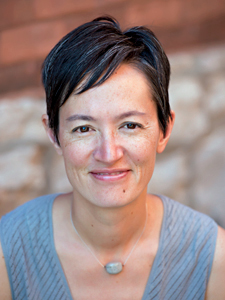 Laura Madokoro
Laura Madokoro, assistant professor of history and classical studies at McGill University, will speak about "On Refuge: The Politics of Race and Humanitarianism" at 3:30 p.m. Thursday (11/8) at the Mershon Center for International Security Studies, 1501 Neil Ave. Madokoro is author of
Elusive Refuge: Chinese Migrants in the Cold War (Harvard, 2016), winner of the 2016 Mershon Center's Edgar S. Furniss Book Award. The book documents the experience of Chinese migrants during the Cold War and the politics of exclusion and humanitarianism among the white settler societies of the United States, Canada, Australia, New Zealand and South Africa. This talk will explore American responses to refugees in Asia during the Cold War. Read more and register at
go.osu.edu/madokorol
|
Friday-Saturday, November 9-10, 2018
Conference
Populism and Race in the Trump Era
Organized by Benjamin McKean and Inés Valdez
120 Mershon Center, 1501 Neil Ave.
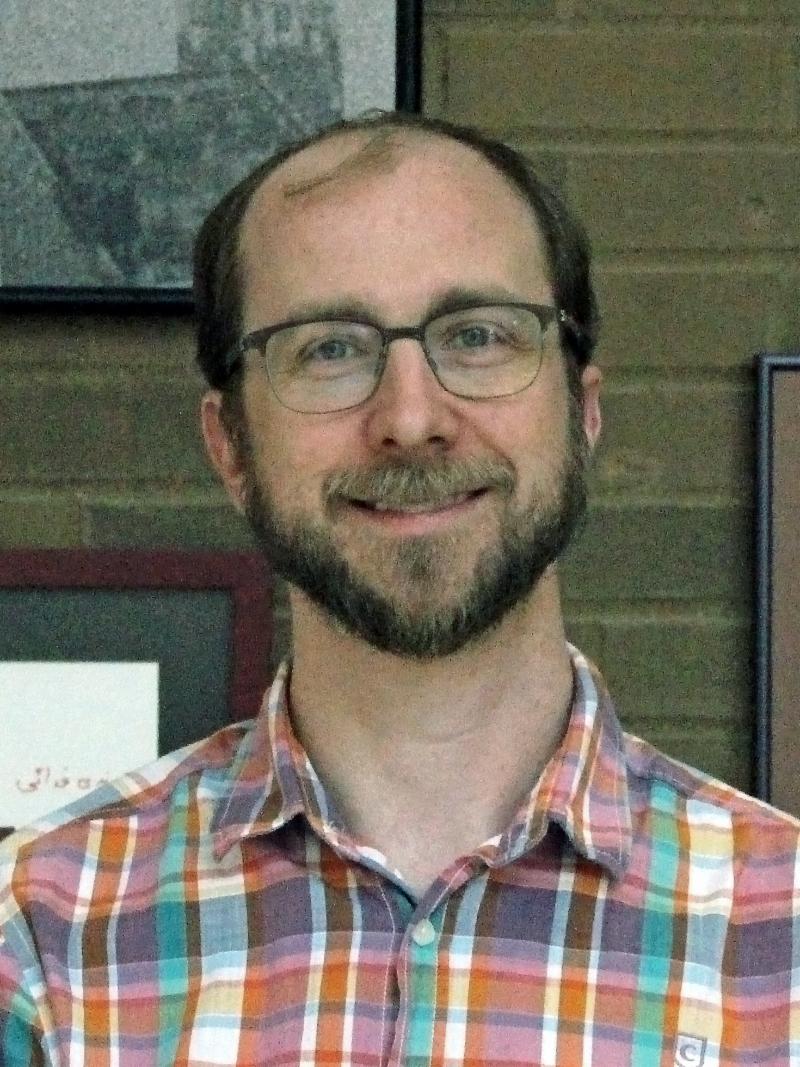 Populism seems to have swept the globe, with the election of Donald Trump to the presidency among the most prominent examples. This conference will consider the ways political identities have been at the forefront of these populist narratives that have shaped contemporary democracy, with profound implications for national security. Populists tend to address a "people" that has supposedly been taken advantage of by elites and foreign actors, is threatened by particular groups, and whose efforts are not recognized by "ungrateful" groups. These claims rebrand social and political problems in terms of security threats and, in doing so, create a
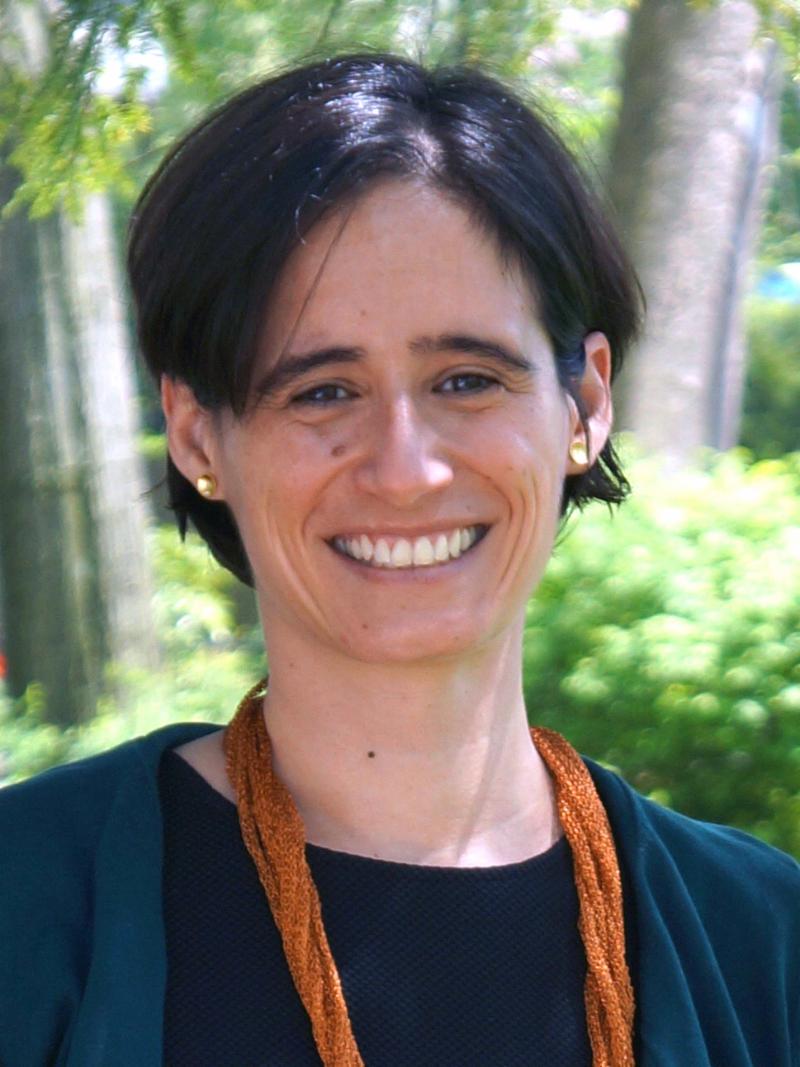 particular vision of "real Americans" who are entitled to democratic voice. This phenomenon touches upon important research in political science, sociology, and history on populism, immigration, and race that have not been put into conversation. This interdisciplinary conference brings together scholars whose research concerns populism, state violence against African-Americans, and the political theory of migration to answer this question. Together, the workshop will critically assess the relations among populism, racial exclusion, and conceptions of security as well as explore the potential of more democratic forms of populism. Read more and register at
go.osu.edu/populismrace
|
 |
 |
|
Four Mershon faculty affiliates featured in 'Ascent'
|
Research by four Mershon Center affiliates is featured in the Autumn 2018 issue of Ascent, published by the College of Arts and Sciences at Ohio State.
|
|
 |
| Bear Braumoeller |
 |
Bear Braumoeller, associate professor of political science, and Skyler Cranmer, Carter Phillips and Sue Henry Associate Professor of Political Science, were interviewed for "The Science of Peace," taking aim at conventional wisdom on war and peace.
For Braumoeller, recent scholarly works and popular books advancing the decline of war and violence are troubling. "That theory and the evidence used to support it left me with a nagging little itch that something might not be quite right," he said.
 |
|
 |
Skyler Cranmer |
Similarly, Cranmer is skeptical of people who write off the United Nations as a paper tiger. "I don't like assumptions," he said. "I wanted to determine whether the U.N. really fulfills its mission of suppressing conflict."
Hollie Nyseth Brehm, assistant professor of sociology, discussed her research in Rwanda for "Resilience in the Aftermath of Genocide."
For nearly a decade, Brehm has been chronicling the history of the Rwandan genocide, painstakingly analyzing data from nearly two million court trials and conducting countless interviews with both perpetrators and victims of the genocide.
|
|
 |
| Hollie Nyseth Brehm |
 |
"While many people believe that genocide is unpredictable, I study how it is actually patterned," said Brehm, who serves on the U.S. Political Instability Task Force creating risk models and identifying factors that influence when, how and why genocide occurs. "There are state-level and societal-level factors that cause genocide, and there are individual-level factors that cause people to participate."
Mershon Oversight Committee member John Casterline, Robert T. Lazarus Professor in Population Studies, is director of Ohio State's Institute for Population Research. Research by Casterline and a team of affiliated faculty featured in "The African Century" is at the forefront of investigating a broad range of population and health issues that affect the well-being of families and communities in Africa.
 |
|
 |
John Casterline |
According to United Nations projections, Africa's population will triple between 2000 and 2050, increasing from about 800 million to roughly 2.4 billion people. It will then nearly double between 2050 and 2100, to 4.2 billion. At the end of the century, Africa is projected to have nearly as many people as all of Asia, and roughly as many as the entire world did in 1980. Nearly two out of every five people on Earth in 2100 will be African.
The Autumn 2018 issue of Ascent also recognizes recent achievements of several Mershon faculty affiliates:
- Katherine Borland, associate professor of comparative studies, is the recipient of a prestigious 2018-2019 Fulbright Bicentennial Chair in American Studies award.
- Hollie Nyseth Brehm, assistant professor of sociology, won the 2018 Ruth Shonle Cavan Young Scholar Award from the American Society of Criminology.
- Sociologists Craig Jenkins, Maciek Slomczynski and Irina Tomescu-Dubrow received a four-year, $1.4 million NSF award funding work to develop an international database, derived from 3,000+ national surveys administered over five decades to more than 3.5 million respondents in more than 150 countries.
- Oversight Committee member Janet Box-Steffensmeier, interim dean of the College of Arts and Sciences, and Geoffrey Parker, Andreas Dorpalen Professor of History, were elected to the 237th class of the American Academy of Arts and Sciences.
|
 |
Friday, November 2, 2018
Integrating Philosophical and Economic Perspectives on Well-Being
165 Thompson Library, 1858 Neil Ave. Mall
Sponsored by Center for Ethics and Human Values
When economists and philosophers talk about human well-being, are they talking about the same thing? Can we make progress on challenges like environmental sustainability and other important policy questions without a shared understanding of what human well-being consists in? This conference aims to foster interdisciplinary understanding and collaboration between philosophers and economists who are interested in well-being. It should be of interest not only to philosophers and economists, but to anyone interested in human well-being. Main speakers include Daniel Hausman (Philosophy - Wisconsin) and John Weymark (Economics - Vanderbilt)
Read more and register
|
Wednesday, November 7, 2018
Civil War: American Policy in Yemen
With Michael Doran, Austin Knuppe, and Christopher Gelpi
6 p.m., 001 Jennings Hall, 1735 Neil Ave.
Sponsored by Alexander Hamilton Society at Ohio State
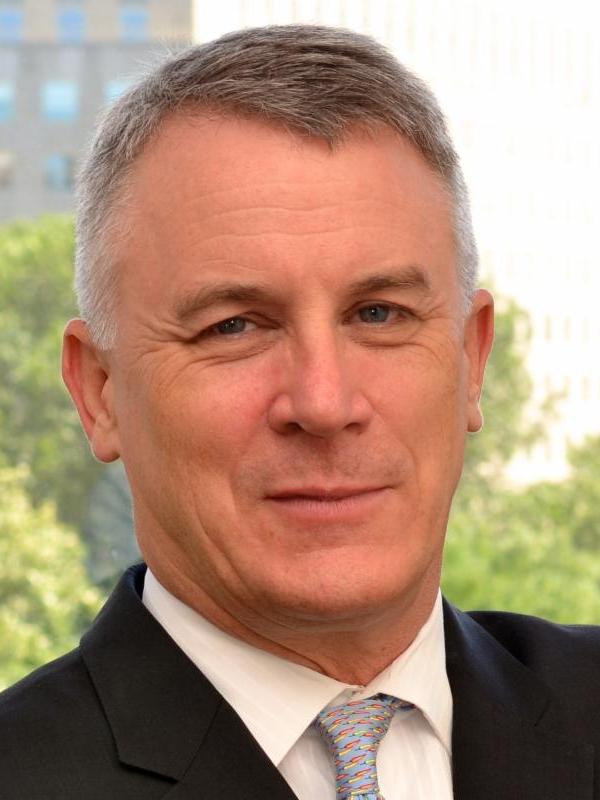 The Alexander Hamilton Society at Ohio State is pleased to announce our second event of the semester, Civil War: American Policy in Yemen, which will focus on American policy in Yemen and America's relationship with the Saudi led coalition. The event will feature
Michael Doran (left), senior fellow at the Hudson Institute
specializing in Middle East security issues;
Austin Knuppe from the Department of Political Science, and
Christopher Gelpi, director of the Mershon Center for International Security Studies, as moderator. As always, free pizza and Coke products will be served.
Read more and register
|
Friday, November 9, 2018
Training Researchers to Inform Policy
9 a.m. - 3 p.m.
251 Drinko Hall, Moritz College of Law, 55 W. 12th Ave.
Sponsored by Scholars Strategy Network
Training Researchers to Inform Policy (TRIP) is a one-day workshop facilitated by experts at the national office of the Scholars Strategy Network. The goal of the workshop is to give you hands-on introduction to effective principles of policy engagement. Designed for accomplished senior professors and advanced graduate students alike, scholars leave TRIP workshops with tools to engage effectively in policy and build relationships with policymakers, civic leaders, and journalists. Note that the training will be a few days after the mid-term elections, so we will have an understanding of the coming political/policy landscape in Ohio. Registration is free (facilitation and lunch will be paid by SSN Ohio Central Chapter).
Read more and register
|
 |
 |
GPPAC offers series of peace education webinars
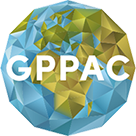 The Global Partnership for the Prevention of Armed Conflict (GPPAC) is happy to announce that the first series of peace education webinars conducted by experts from its Peace Education Working Group will start this month.
Peace education experts will share their decades of experience integrating peace education into formal (schools, colleges and universities) and informal (community) education structures. Through these monthly webinars, the experts aim to assist civil society organizations, governments, and donors as they develop and implement peace education regionally and countrywide.
GPPAC peace education experts from all corners of the world have been working together to exchange information, skills, and strategies on how best to engage and collaborate with key stakeholders to help build capacity in their education systems. Their combined years of experience tallies to more than a century. This unique group of experts includes civil society, teachers, academia and representatives of ministries of education or relevant countrywide governmental and national education agencies, creating a global multi-stakeholder platform.
The first webinar will be given by Jennifer Batton, chair of the GPPAC Peace Education Working Group. She will share good practices in teacher education, curriculum development and integration and student/youth programming in social emotional learning, multicultural/citizenship education, peacebuilding and conflict resolution.
Read more and register
|
 |
|
|